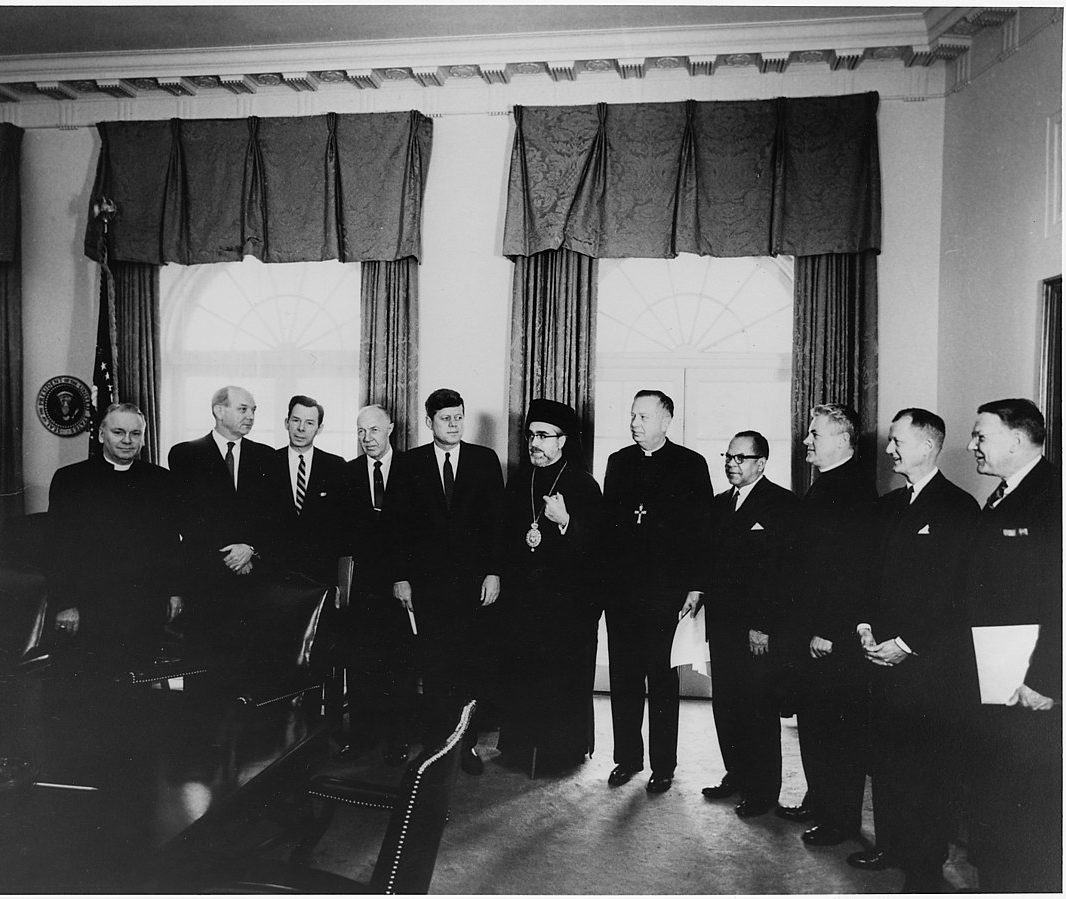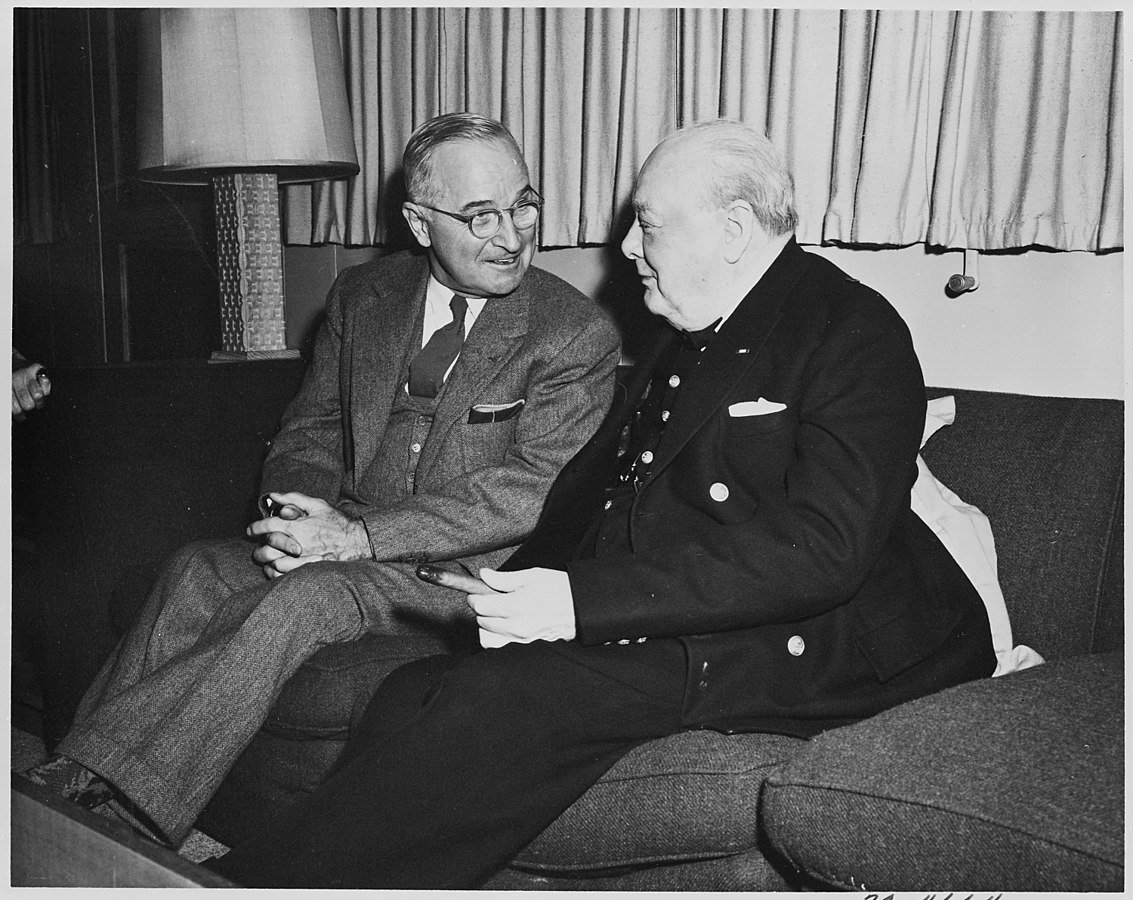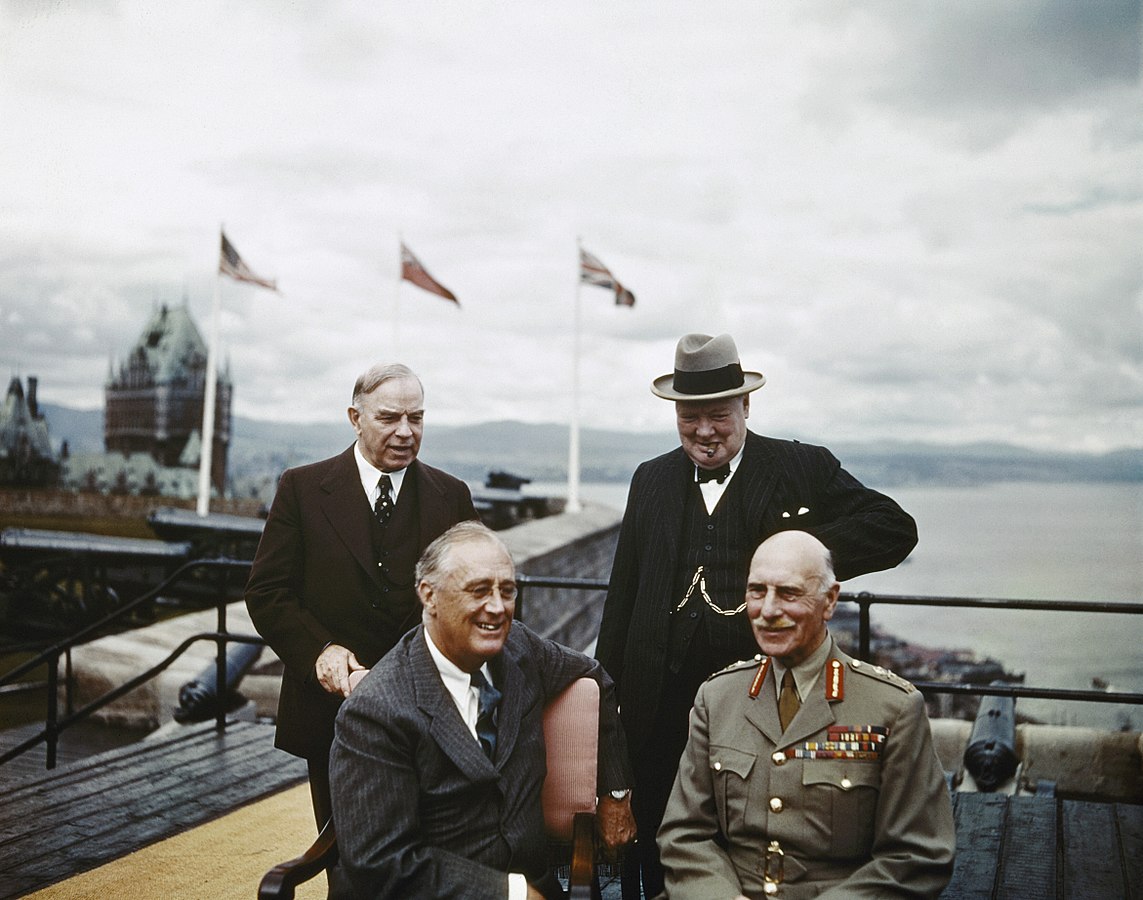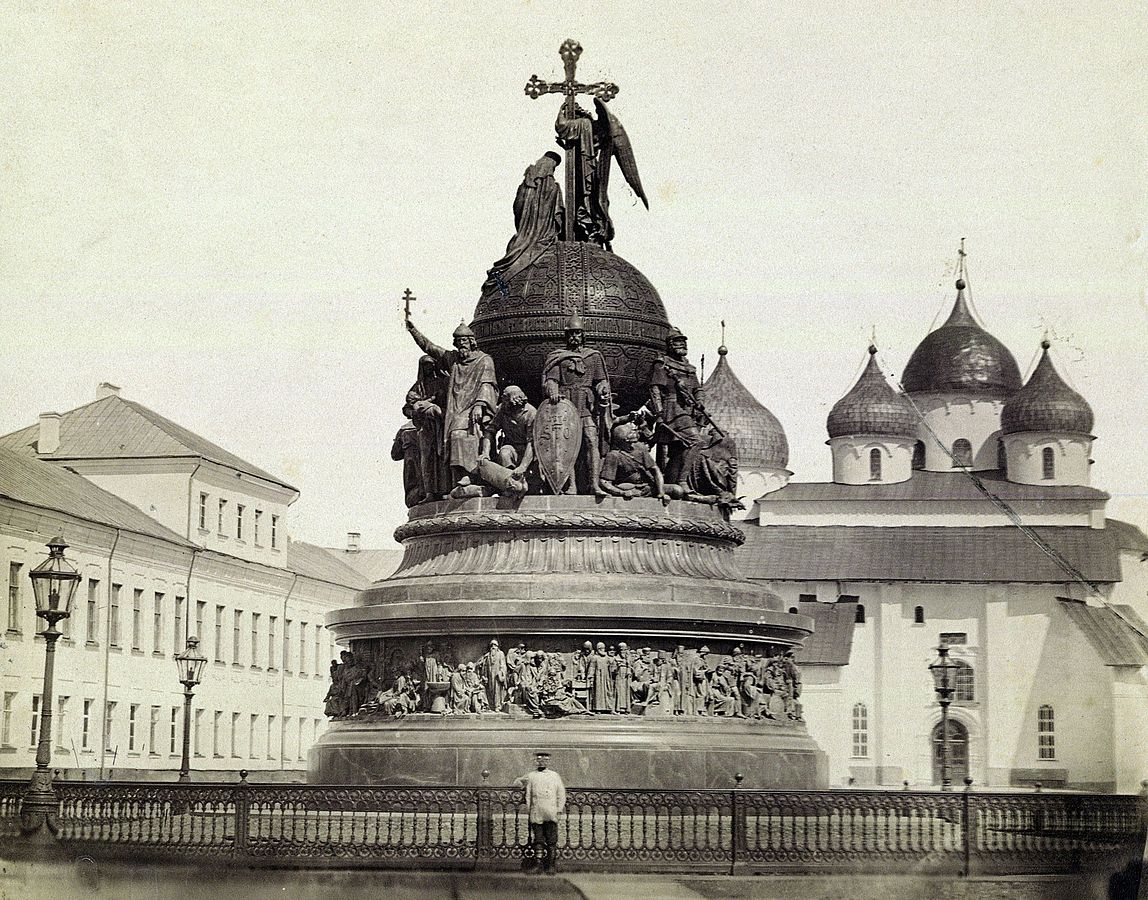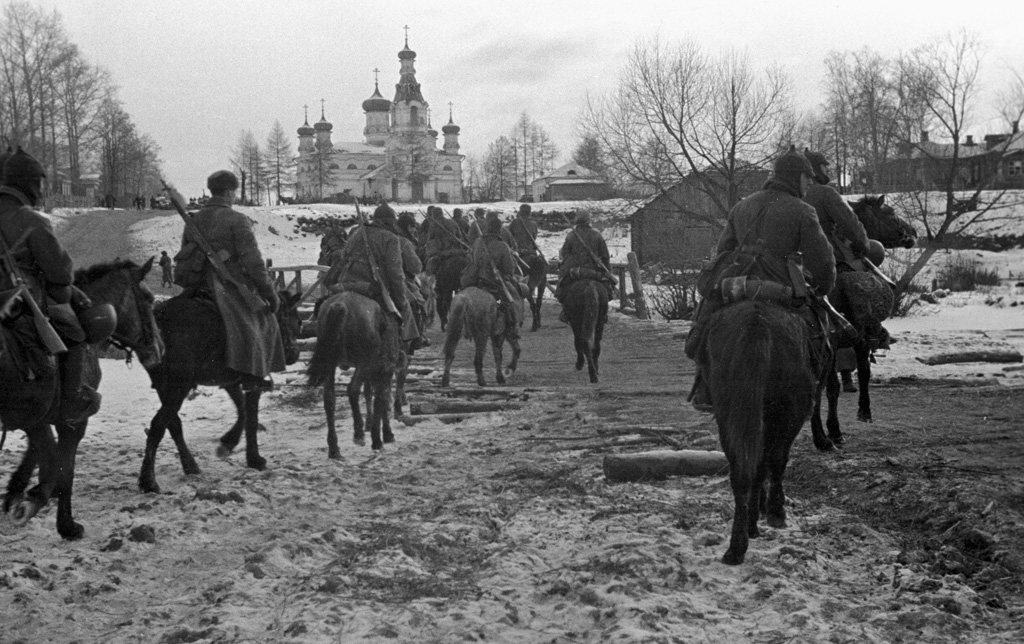All Author Content
Author Podcasts
Author Videos
Soberness in Victory: A Reflection on V-E Day from 75 Years Ago
On May 8, 1945, the Allies accepted Nazi Germany’s unconditional surrender. Shortly thereafter, Reinhold Niebuhr explained why the victors should be sober and humble.
Reinhold Niebuhr & Christianity & Crisis MagazineMay 8, 2020
Why Americans Should Critique Their Government, Even When Others Are Worse
Christianity and Crisis published the following editorial by Reinhold Niebuhr on February 19, 1945. He explains not only why his publication criticized the United States’ foreign policies as the country fought Nazi Germany, but also why Christians should not have uncritical loyalty to the nation.
Christianity & Crisis Magazine & Reinhold NiebuhrApril 15, 2020
America’s Role in Global Peace: Reexamining John Foster Dulles’ 1945 Address
Understanding how Christian statesmen like John Foster Dulles viewed difficult foreign policy issues can help Christians respond to contemporary dilemmas.
Christianity & Crisis Magazine & John Foster DullesMarch 24, 2020
An Ecumenical Consensus
In this article, originally published on July 26, 1943, in Christianity and Crisis, John C. Bennett praises the document “The Church and International Reconstruction” issued by the World Council of Churches. He notes that it unequivocally supports public engagement by the Church, organized worldwide political interaction, and consistent condemnation of national shortcomings for all countries, not merely those most culpable.
Christianity & Crisis MagazineMay 10, 2018
Some Soils and Seeds of Isolationism
Isolation may be impractical, but its appeal is very understandable. In this article, originally published on June 14, 1943, in Christianity and Crisis, Charles Gilkey presents six influences upon this school of thought, and emphasizes the importance of giving primacy to the opinion of returning veterans in defining future U.S. foreign policy.
Christianity & Crisis MagazineMay 4, 2018
British and American Approaches to the Peace
Providence continues to look back at how American Christians thought through the challenges of World War II 75 years ago. In this article that Christianity & Crisis originally published on May 17, 1943, Henry P. Van Dusen proclaims that the postwar peace would rely on international consensus.
Christianity & Crisis MagazineApril 26, 2018
American Power and World Responsibility
The United States’ involvement in two world wars indicates clearly that American isolationism is at a practical end, Reinhold Niebuhr asserts in this article, originally published on April 5, 1943 in Christianity and Crisis. Working toward international integration is a national responsibility – morally and in the interests of security. Alliances depend on the will of their members; it is no different for the United States. Niebuhr also warns of a new danger: a unilateral “imperialist” American military establishment, simultaneously preoccupied with hegemony and unconcerned with the rest of the world.
Christianity & Crisis MagazineApril 19, 2018
The Manger, The Cross and The Resurrection: A Christian Interpretation of Our Time
Ironically, it is possible to boast of one’s humility. In this article, originally published in Christianity and Crisis on April 19, 1943, Paul Ramsey aims to explain why. While Ramsey advocates constant repentance as a logical consequence of a Christian self-evaluation and imperfect humanity, he portrays such repentance as moral hygiene rather than attitude. He avoids the divestment camp, which prioritizes a clear conscience over achieving moral good at the cost of personal iniquity. In its most essential form, this is repentance for our assumption of righteousness.
Christianity & Crisis MagazineApril 12, 2018
Better Relations Between Government and Church in Soviet Russia
In a Byzantine relationship, a church can be forgiven for choosing not to denounce the government publicly. Henry Sloane Coffin…
Christianity & Crisis MagazineApril 5, 2018
Religion in Russia
In this piece, originally published in Christianity and Crisis on March 22, 1943, N.S. Timasheff notes that the godless policy of the Communist party didn’t indicate an irreligious populace.
Christianity & Crisis MagazineMarch 22, 2018



